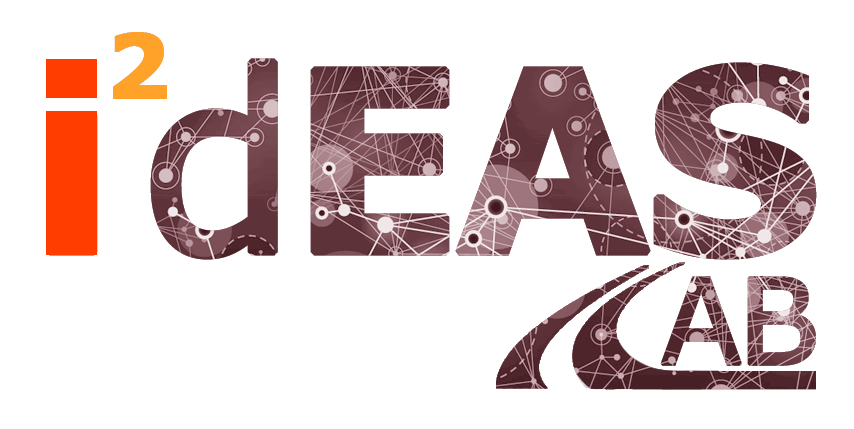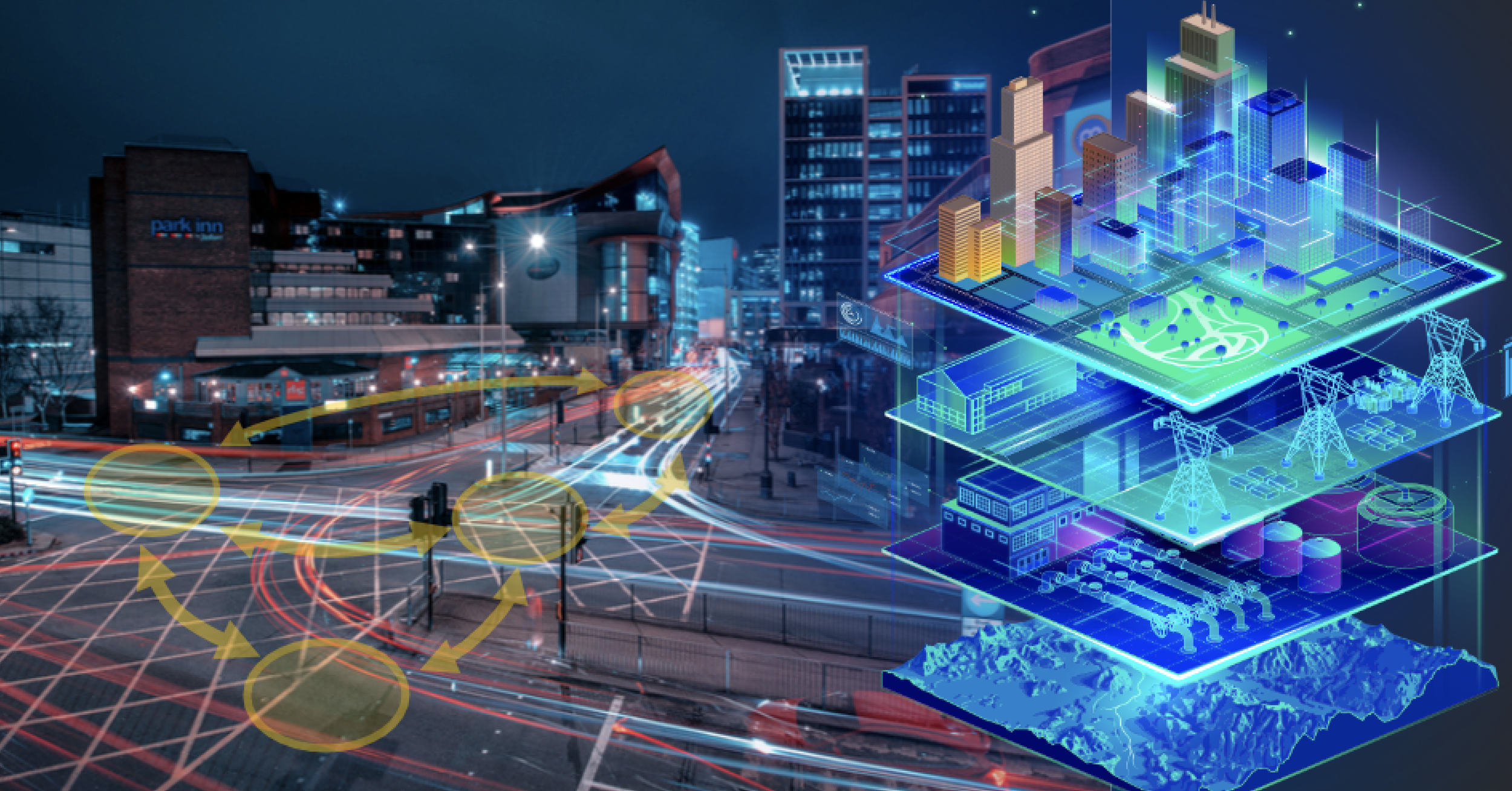
Vision statement
The field of transportation is undergoing a radical transformation with the emergence of next-generation mobility, which includes everything from advanced air mobility to robotaxis, Mobility as a Service (MaaS), mixed transport modes, and advanced technologies such as connected autonomous vehicles. The rise of these transformative technologies is reshaping how modern transportation systems are managed and operated. Therefore, transportation systems in megacities in the United States occupy a unique position from which to showcase for the world what a safe, sustainable, and environmentally sound integrated multimodal 21st-century urban transportation system looks like. To make this showcase a reality, i²dEAS Lab's vision is to create, test, and validate state-of-the-art methods and analytical tools to optimize the efficiency of the U.S. transportation system through research and synergistic collaboration with transportation providers, communities, and researchers in other disciplines.
The i²dEAS Lab collaborates to pursue a vision of developing innovative and generalizable theories and computational algorithms through big sensory data analytics, simulations, and AI-human partnership. We target major federally funded centers to further advance this vision, facilitate effective technology transfer, develop transformative toolsets, and create new interdisciplinary project-based action learning workforce development programs in response to future workforce shortages and inefficiencies that could significantly impact national economies.
The i²dEAS Lab's goal is to pursue excellence in transportation research by developing a cutting-edge, interdisciplinary research program and fostering collaboration within a vibrant network among academia, government, and industry. The lab’s efforts to pursue these goals would address the nation’s specific transportation challenges while also deepening the knowledge base for transportation theorists and practitioners.
Core Pillars
i²dEAS Lab has achieved this vision by supporting the four (4) core pillars of the lab’s strategic research.
Pillar 1: Artificial Intelligence Digital Twinning (AID)
mixed mobility digital twins; roadway management; predictive intelligence and next-generation workforce development
Pillar 2: Disaster Community Resilience (DCR)
predictive analytics on flooding; impact simulations; digital twinning; roadway rehabilitation prioritization
Pillar 3: Transportation Infrastructure Sustainability (TIS)
life-cycle assessment; life-cycle cost analysis; renewable energy modeling
Pillar 4: Transportation Construction Management (TCM)
schedule-cost-traffic integrated analysis; contingency; phasing; construction work zones
“Transportation systems management has long relied on foundational methods and tools, many of which have remained largely unchanged for centuries. The rapid rise of Generative AI (GenAI) and multimodal large language models now presents an opportunity to fundamentally transform this field. By harnessing the adaptive power of GenAI, we can create smarter, greener, and more automated decision-support systems that improve efficiency, strengthen resilience, and deliver substantial cost savings for taxpayers.”
— Dr. KC Choi
Professor & Director of the i²dEAS Lab
Texas A&M University






